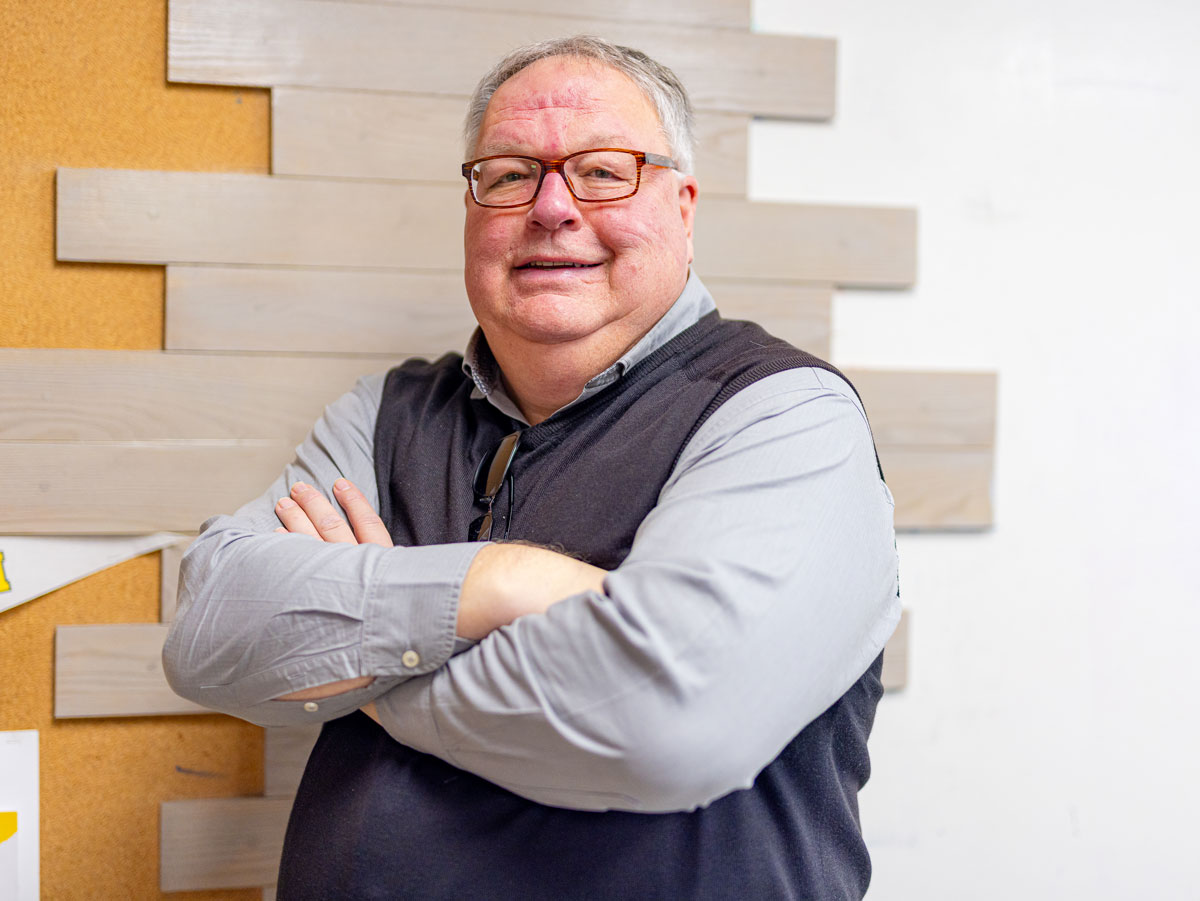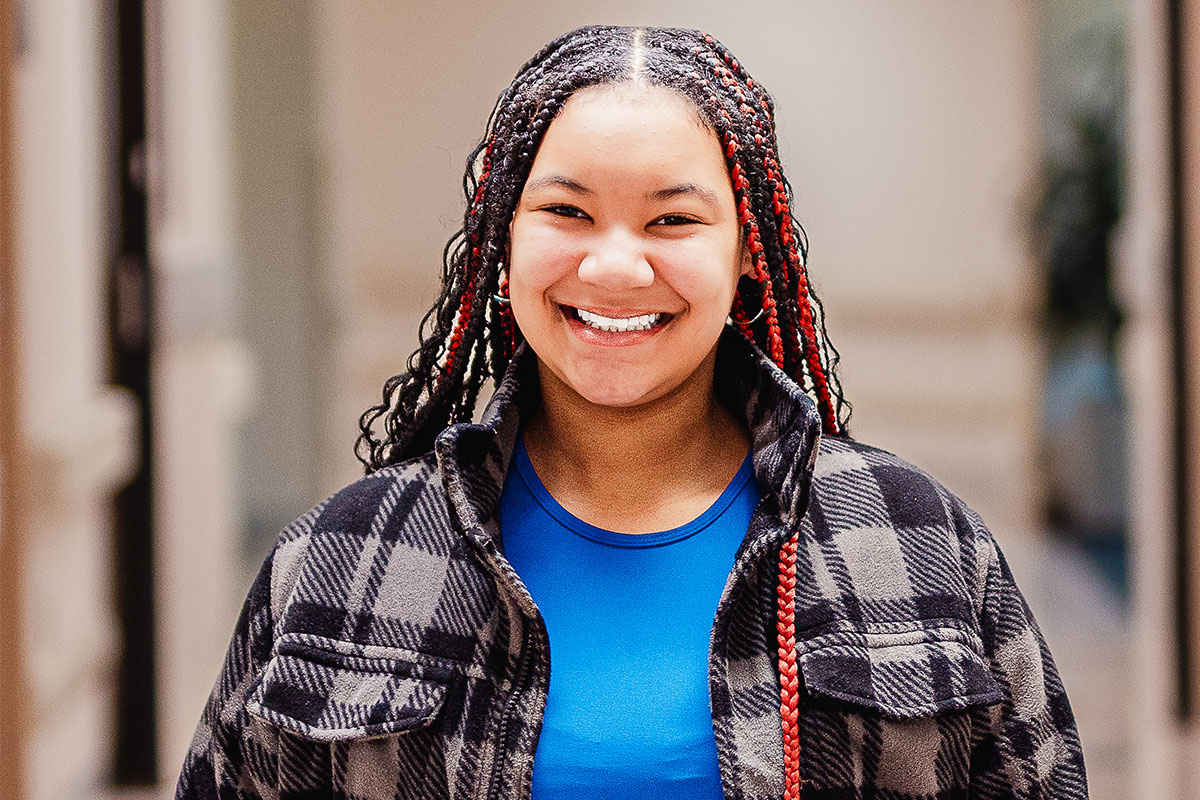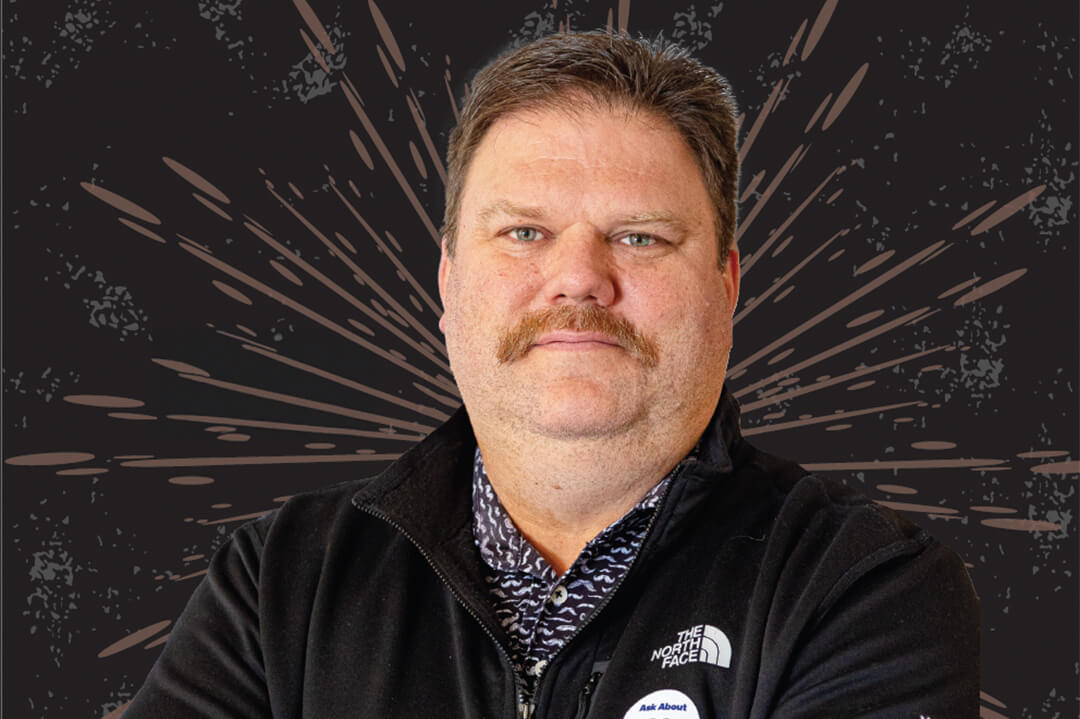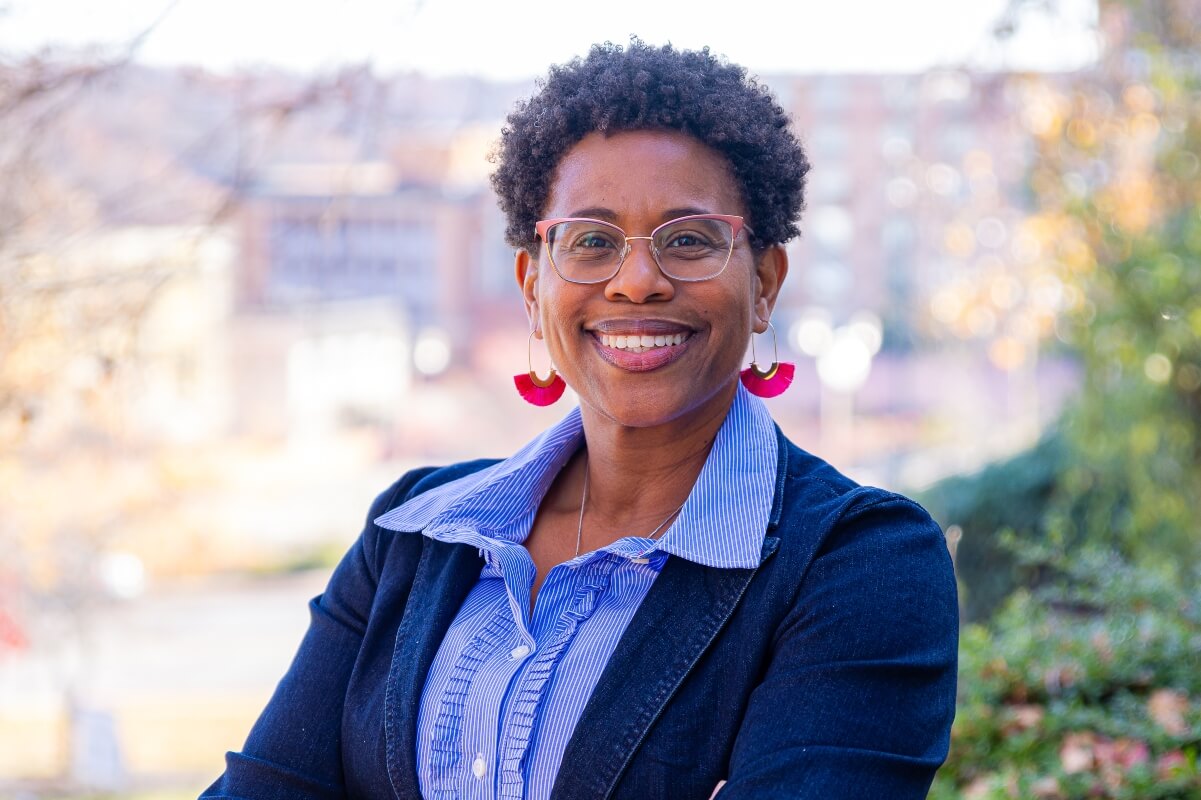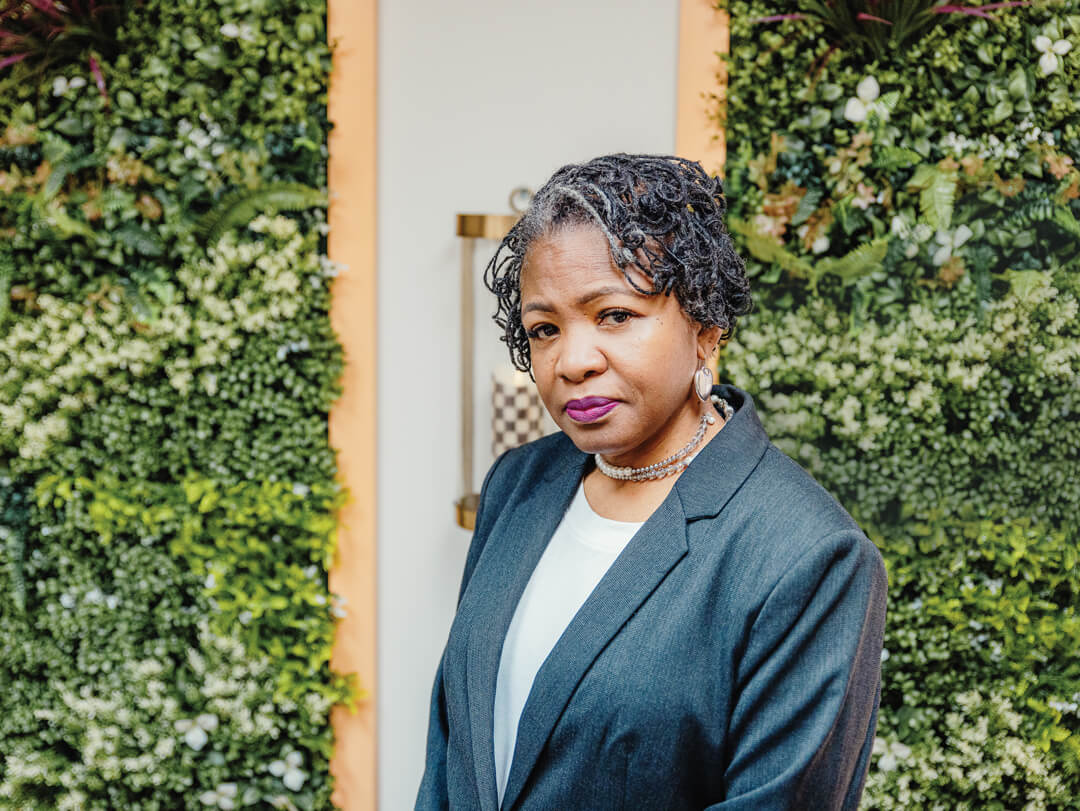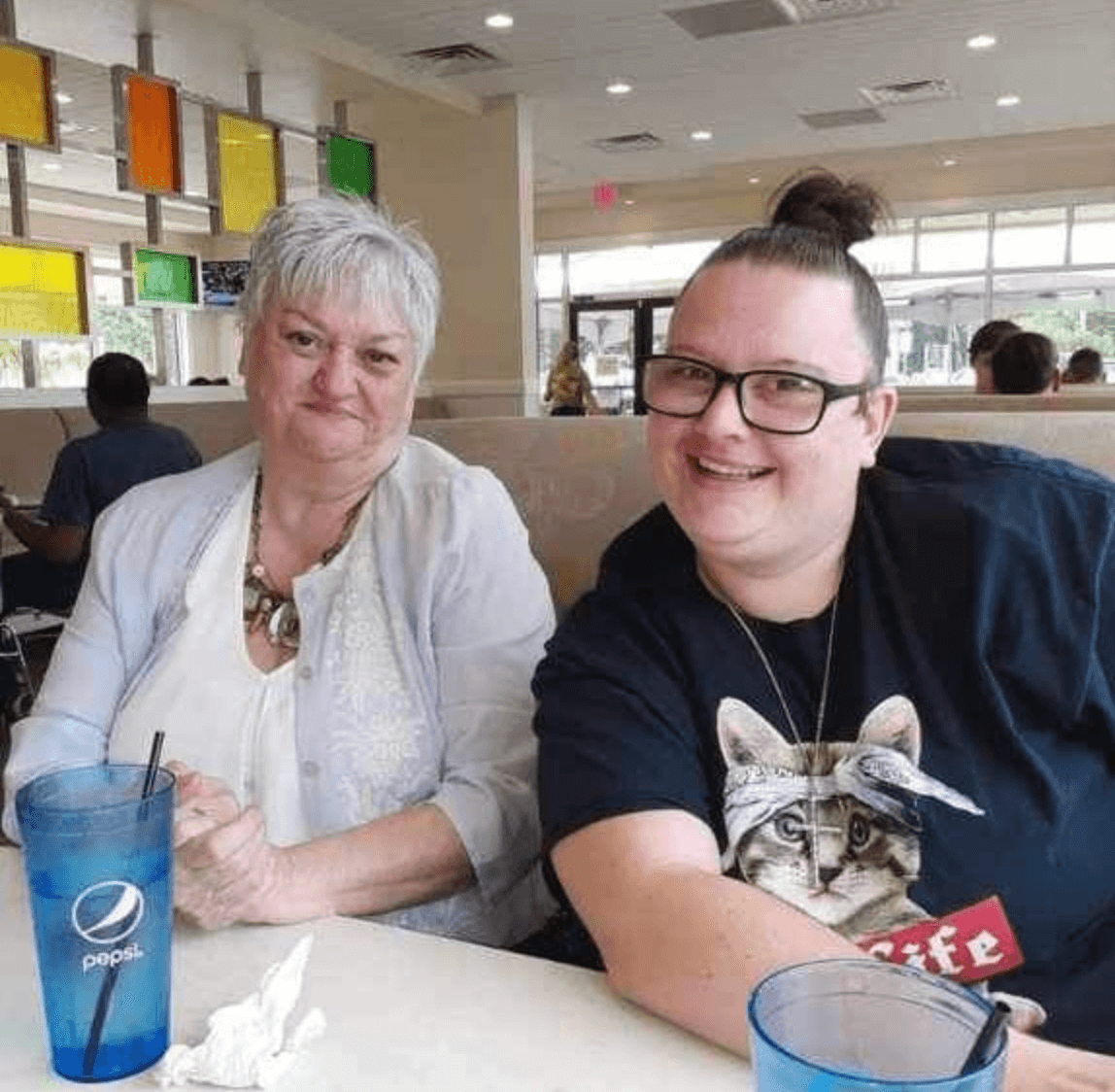“PEOPLE DO better when they know better.” Those words come from Bishop James Coleman, a man who sees his roles in ministry and education as dual means to achieve the same goal. He wants to see the children of Lynchburg become better people, students, and citizens.
Coleman serves as senior pastor of Providence Transformation Church International (Baptist) in Lynchburg. He greets everyone in a kind, gentle, and unassuming manner. After spending just a few minutes with him, one can clearly see he has been called to the ministry. But beyond his role as senior pastor, Coleman’s heart beats just as strongly for something else — education. His educational journey began at home.
“What made me get involved in education was that both of my parents were educators. They were devoted and committed to it,” Coleman explained.
Coleman said that growing up, he held on tightly to the love of education his parents modeled. After graduating from Hermitage High School in Henrico County, Coleman attended James Madison University, earning a double major in public administration and political science. He also met his wife, Patricia Denise, at James Madison University. He then moved on to Virginia Union University in Richmond, receiving a master of divinity. He also earned a master of theology from Duke Univeristy, a doctor of ministry degree, and conducted post-doctoral work at Harvard University.

While the love for teaching handed down by his parents still burned in his heart, Coleman said he “felt the weight of the call” to the ministry and followed that calling vocationally instead. But the educational realm wasn’t done with James Coleman.
In 2014, Coleman was unanimously appointed to the Lynchburg City School Board. Coleman served for nine years, including his last three years as board chairman. His love for education also brought him to the Virginia School Board Association and the Virginia High School League’s Executive Committee.
“It’s all tied together — ministry and education,” Coleman explained.“We’re helping people to move from that place of not knowing to knowing. It’s why I do what I do.”
One of the darkest times for many school districts nationwide was the years of the COVID-19 pandemic. Coleman is quick to point out that Lynchburg public schools never closed. Instead, classes were moved to a virtual learning experience. Equally crucial to Coleman was that school services, such as accommodations for children with disabilities and English as a Second Language (ESL) instruction, never stopped.

When students could no longer rely on school cafeterias for meals during the COVID-19 pandemic, Coleman said the school district came up with what some might consider a radical idea. The district launched a program sending school buses into neighborhoods to deliver meals to children. Coleman emphasizes that any child could receive the meals, whether they were a public school student or not. For Coleman, the program fulfilled both a tangible and a ministry need for Lynchburg families.
Another partnership between local communities of faith and businesses provided another source of help for students. Coleman said the Family and Community Engagement (F.A.C.E.) program identified resources from those entities and matched its services with children in need. Coleman’s congregation at Providence Transformation Church International also started its own tutoring program on Saturdays at the church’s facilities on Oakley Avenue. The tutoring program had such a dramatic impact on city kids that a church from Richmond came to Lynchburg to learn how Coleman’s church put the program together. Coleman notes that each program builds on each other with a common goal — ensuring that every child “by name and by need” can get a quality education, do well, and succeed.
“There’s a direct correlation between a good, quality education and a good quality of life. If you want to excel, you can excel, but you have to have people in front of you who believe that you can,” Coleman stated, adding that the church and the community must work together to help kids flourish.
Coleman’s nine-year school board term ended last year. Today, in addition to his pastoral roles, Coleman is the faculty chair and dean of The Leonard N. Smith School of Religion at Virginia University of Lynchburg. Despite the many hats he wears, he has not lost the vision of the city’s need for good teachers. Coleman admits that teaching is a hard profession, but he is undeterred.
“Teaching is a great profession. It’s taking young minds and helping them to develop. What better can one do?” GN






